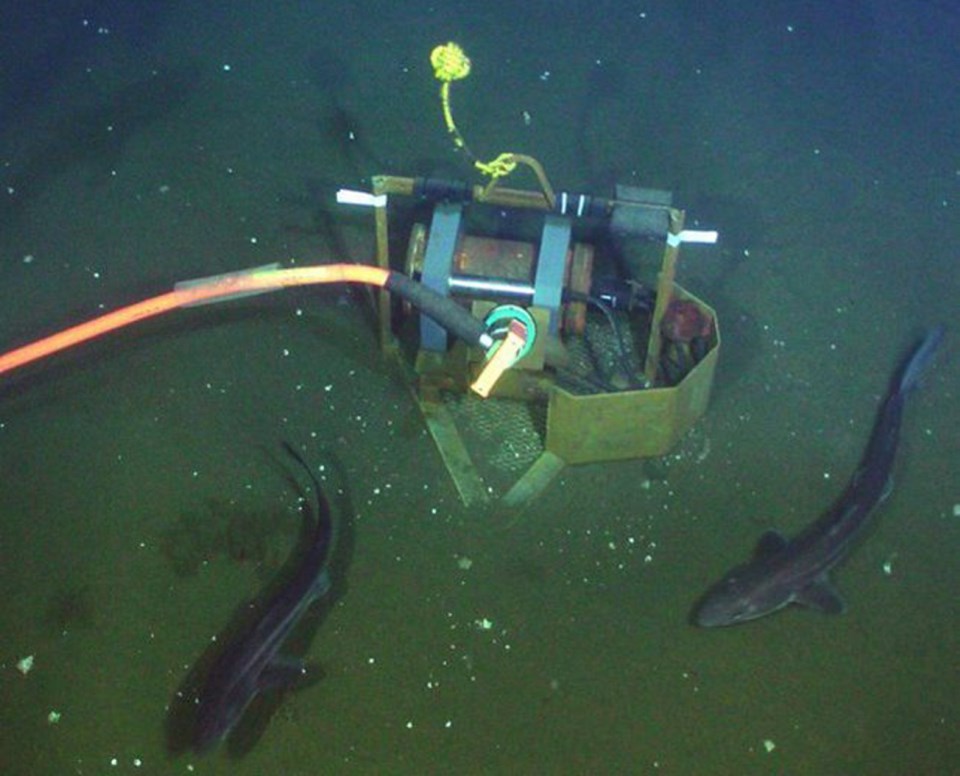A research project led by University of Victoria-based Ocean Networks Canada has been judged one of the top 100 proposals vying for a $100-million grant.
There were 755 proposals for the single grant, which will come from the MacArthur Foundation’s 100 & Change competition — aimed at tackling climate change.
As many as 10 finalists will be chosen in the spring by the foundation, which looks to make advances on important social issues, such as climate change and the reduction of nuclear risk.
The Ocean Networks project, called Solid Carbon: A Climate Mitigation Partnership Advancing Stable Negative Emissions, brings together researchers from Canada and the United States.
The project’s goal is to turn carbon dioxide, a greenhouse gas, into rock by permanently injecting it beneath the ocean floor.
Ocean Networks president Kate Moran said in a statement that safe and reliable carbon dioxide removal is needed to limit warming to less than 1.5 C.
“Youth around the world are demanding action,” said Moran, who is the principal investigator for the project. “We are listening. We have the research know-how in B.C. and we are collaborating globally to advance a solution as quickly as we can to help safeguard the health of our planet.”
She said the project has already passed three rounds of reviews to make the top 100.
“This is a significant milestone and affirms the credibility of this opportunity and the ambition of our global team of experts,” Moran said. “If we can advance the technology to a commercially viable stage mid-century, we can aim to offer the world a scalable solution to combat climate change.”
UVic vice-president research Lisa Kalynchuk said in a statement that having one of the top 100 proposals is a reflection of the university’s ambition as a research-intensive institution to work on challenging global problems.
“Climate change is a high priority for us because we know our experts — in partnership with scientists around the world — can make a difference for people and the planet.”
Ocean Networks Canada works out of a refurbished building at UVic’s Queenswood property on Arbutus Road. It operates a pair of underwater cable systems off Vancouver Island, along with others in the Arctic and the Atlantic, that collect long-term, continuous data.



